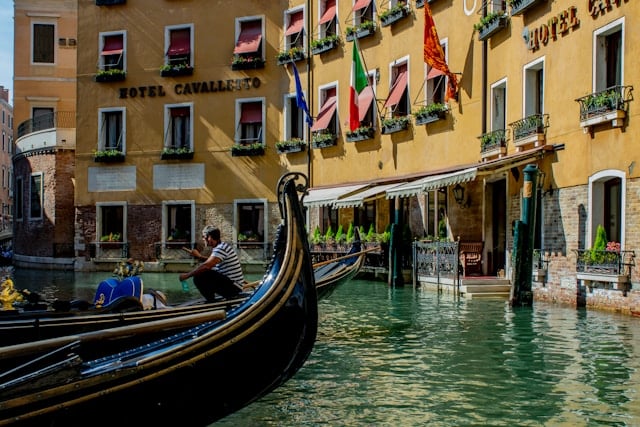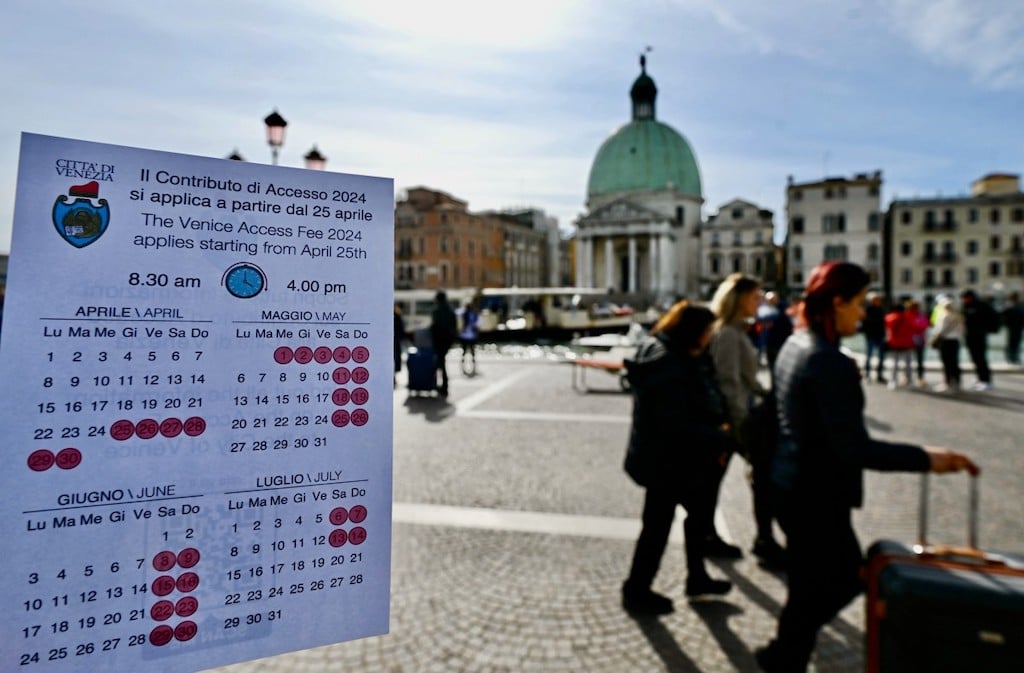If you’ve been to Rome you’ll know that it’s almost impossible to stick to a budget. Whether it was that overpriced taxi from the airport or that sly service charge at dinner, we've all experienced that sinking feeling of being ripped off.
So to help you to stay out of the red – and to enjoy your stay in the Eternal City – we’ve compiled a list of tips to stop you from getting ripped off.




 Please whitelist us to continue reading.
Please whitelist us to continue reading.
Member comments